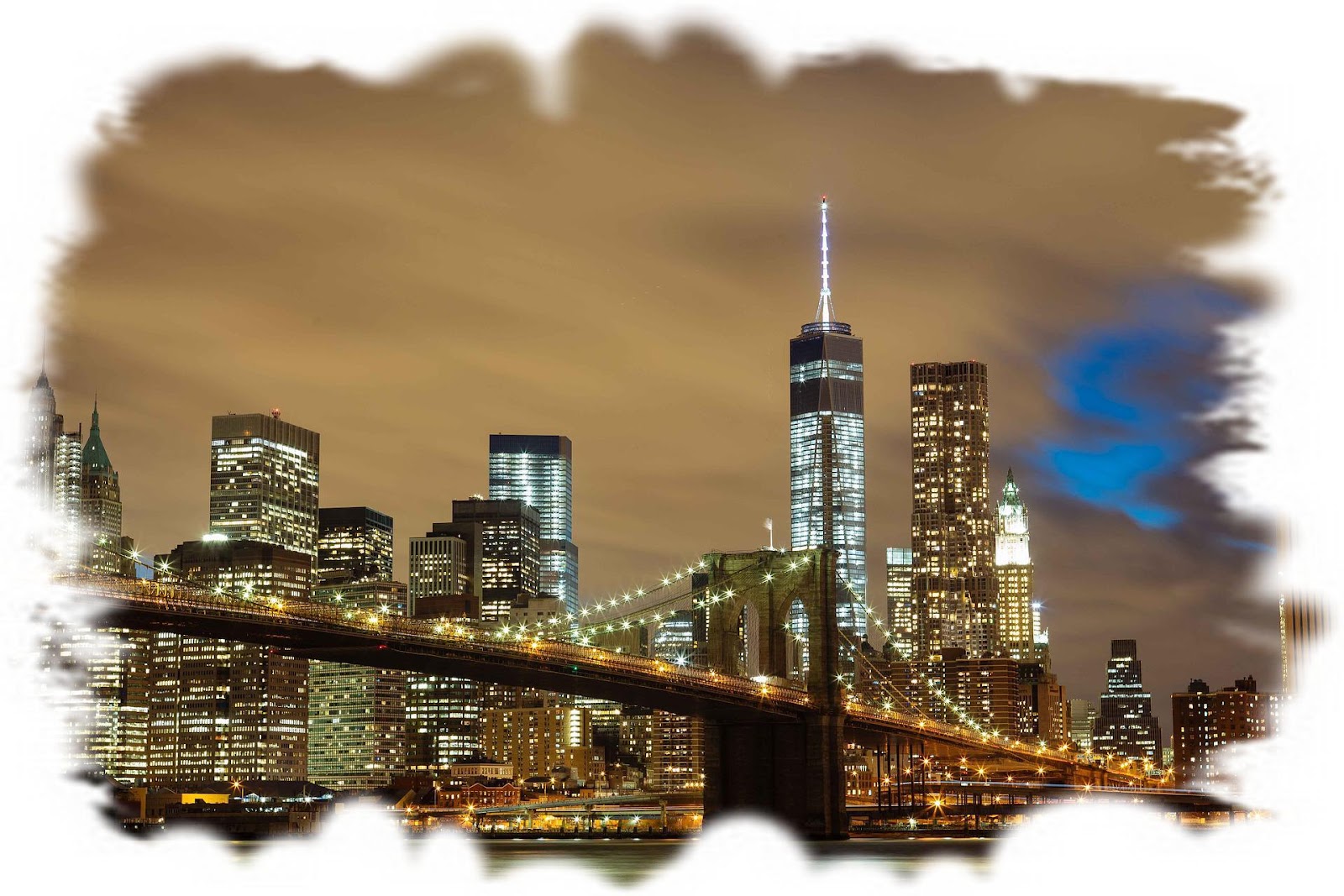2020 Day 71 of first lockdown (from my
diary)
‘The contemporary Christian prophets had predicted that Brexit would result
in revival. Yet there is still no revival. After Brexit was decided I’d
expected the prophets (who are a kind of obscure interest to a few) to state
that the LORD (note the capital letters they often use) would be pleased about
the Brexit decision. None of that happened. Not a single one gave a message to
say that God is pleased with the country’s actions. They are all on to the next
thing and back to telling people to repent. It is disheartening. It is
downright depressing. What is the point of worshipping a God who cannot be
pleased? And now look what has happened.’
The coronavirus happened. Worldwide.
If the prophets had predicted it then they had been oblique. The most
misleading prophecies, I guess, were those which said that everything would just
get better and better.
There are some who say that the surge in interest in Christianity in the West
and Europe is because of the pandemic. But if that is the case – why hasn’t it
happened worldwide?
I remember the pandemic beginning because I had the second worst night of my
life in a kind of feverish, hallucinating state. I had left the radio on and in
the morning, after a hellish night, the news began to talk of an ‘infection’.
It was announced by the World Health Organisation. And this announcement
prompted the biggest world crisis I have ever seen. There is always a crisis,
but most outward crises do not influence day to day life quite as much as this
one. Whatever your views on the origins and subsequent reaction to the
pandemic, it caused major disruption for so many. For me it was all abysmal.
Once again Christians were saying that the crisis would lead to a humbling
and that from that humbling there could be a revival. But I wondered how. And I
wondered why the humbling was necessary. Historically, was this how it had
always had to happen? If nothing is impossible with God then why was the
‘humbling’ necessary? Because the danger was that a lot of people would die and
we would still get no revival. The worst of all possible worlds. Reports began
to say that people really were falling to their knees and praying more than
ever for help. But still no revival.
Unless I had missed something, unless I simply did not see it, there was no awakening.
I thought back to when I first began witnessing and seeking evidence for it,
back to when I examined those library books. Was I being too pessimistic? The
voices varied. There were Jeremiahs around, both believers and non-believers, and
I always took notice of them. There were others who continued to claim that
good things were just around the corner. There were some prophets who frankly
seemed… dodgy.
I didn’t just read the latest prophecies. If there was something important,
or obviously misleading, I would try to question. Mostly I was ignored. It was
a minefield anyway. Occasionally there would be a tweeted reply. One popular
prophet memorably prophesied at the start of the crisis that the LORD was
telling everyone to take communion together every day. I felt it misleading
because of the virus. The prophesies were a little bit like the childhood game
‘Simon says…’ in which you have to discern what is a true message and what is
not.
I spoke with a close non-Christian friend about revival again and he,
exasperated, said, ‘It doesn’t matter what you think!’. Because
he understood that if it did happen then there would be huge changes on a
personal and societal level. I was the only writer writing about the
socio-economic effects of a revival in the UK. That people would lose jobs.
That was not a deal-breaker for me. The deal-breaker was if people would die.
I spoke briefly to God about it all. I wrote a blog. But I found that no
matter how much I racked my brains, I simply had no agency to bring it about.
Always, the best answer seemed to be that the only way to bring it about was
through repentance and prayer. And repentance in the sense of loving others
more rather than simply trying to stop sinning. Or at the very least simply
giving God the apology in prayer some of us think he owes us (and is unlikely
to ever give us).
Later from my diary
‘As I write, we seem to be slowly coming out of the crisis. The Government
has been a nightmare, apart from furlough. It has felt, to me, like the end of
the world. Almost as if an army of demons are persuaded that these are the last
of the last days. But how would they know? Even Christ seemed to blindside
himself to the date. The prophets have been largely unanimous in saying that
it’s not the end of the world. After all, certain other things are supposed to
happen first. The Jerusalem temple being rebuilt and a handful of other things.
More than believers say. But as I write I’m fed up and the lockdowns have been
difficult. I’ve been fed up for a long time.’
It all made my brain turn to mush and I still wanted to get out and about
and get alternative perspectives on something which most people doubted could
ever happen... I got sick of thinking and talking about it. I wanted to
experience it…
I also got Covid…









